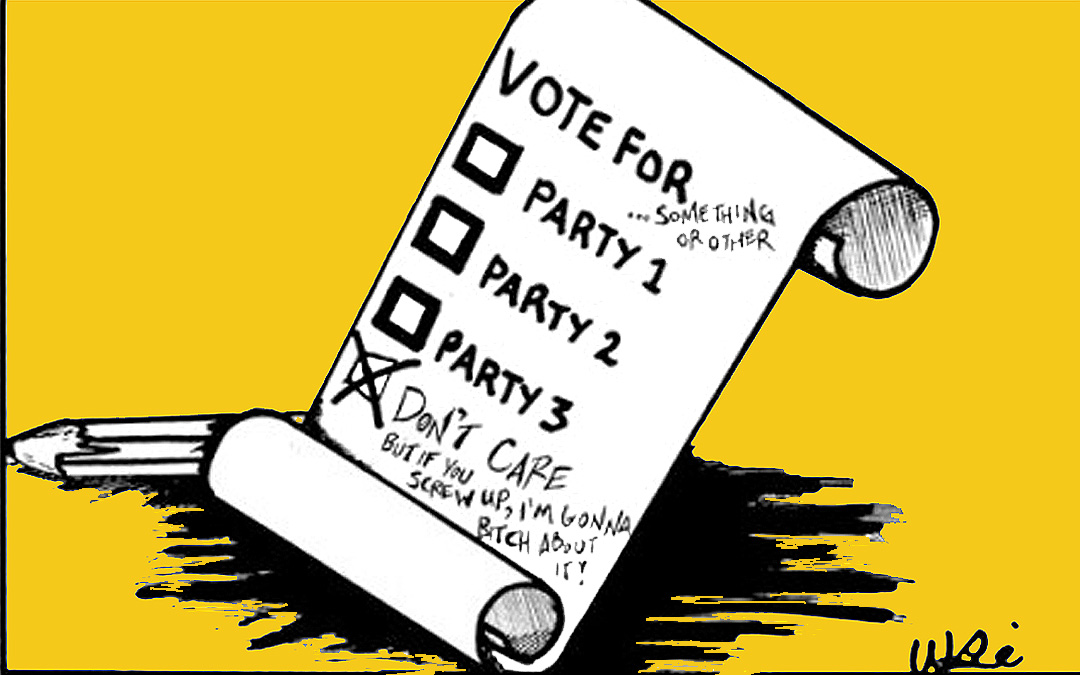BY JANE MUNGABWA – As the 2019 Presidential and National Assembly elections are fast approaching, Namibian youth have taken to social media to express their disappointment about the negative impact that the current economic status has had on them. Due to the real time information sharing and wide reach of social media, many Namibian youth have joined the bandwagon of southern African youth who are using social media as a way to express to their national leaders, one of their biggest challenges, which is unemployment, ahead of the 2019 elections.
Will unemployed youth in Namibia vote?
Some of the estimated 45,5 percent unemployed Namibian youths have expressed on social media that they intend to have their concerns heard during the 2019 election period. Memes and social media updates which read: “Instead of voting, lets drop our CVs inside the ballot box”, a trend which seems to be originating from neighboring South Africa, have been circulating on the social media accounts of Namibian youth. Prior to this trend, in 2018 unemployed graduates, the majority of whom were youth, expressed their distress of being unemployed through wearing their graduation gowns and protesting for government to give them jobs. Some youth in neighboring South Africa took their protests a step further by wearing graduation gowns, and standing on street corners with cardboard boxes with their qualifications written on them in the hopes that potential employers will notice them. The above actions of the youth give an indication that youth have lost faith in the apparent change for the better brought by elections and many may choose to not vote.
What potential impacts will low youth voter turnout have?
According to a report by Dimpo Motsamai about electoral management and youth participation in politics in Namibia, Namibian youth represented 44 percent of the electorate in the 2014 elections. This means that youth represented the largest group of eligible voters and thus hold most decision-making power in the electoral process. Furthermore, Motsamai reported that youth had responded to a baseline study conducted by the Electoral Commission of Namibia (ECN) in 2012 which was aimed at measuring the level of public understanding of electoral and democratic processes, by indicating that amongst their main challenges were having limited opportunities to participate in decision-making processes and distrust between youth and institutions. So, what breeds, distrust?
In my opinion, distrust is bred by continuous limited access to information and ineffective transparency and accountability. Information is power, and I am of the opinion that Namibian youth feel disempowered and unheard, and they are drawing closer to being driven to take radical action. So, what do Namibian youth intend to do to claim their power? Do they hope to make a statement by flexing their power and boycotting the elections? What will that mean for Namibia? Is the threat of youth radicalisation real for Namibia? These are questions that need to be considered by those in power.
I believe that providing youth with access to relevant information and involving them in the design and implementation of initiatives that are pertinent to them can help address the current disconnect between youth and government. If not, youth in Namibia will not be using their democratic right to participation effectively when and if, they go to the polls in 2019, and the imminent threat of youth radicalisation in Namibia is given more life on a daily basis.
*Jane Mungabwa, is a project officer on an access to information (ATI) advocacy campaign at the ACTION Coalition and Namibia Media Trust (NMT). The opinions expressed here are not necessarily those of the NMT/ ACTION Namibia *

